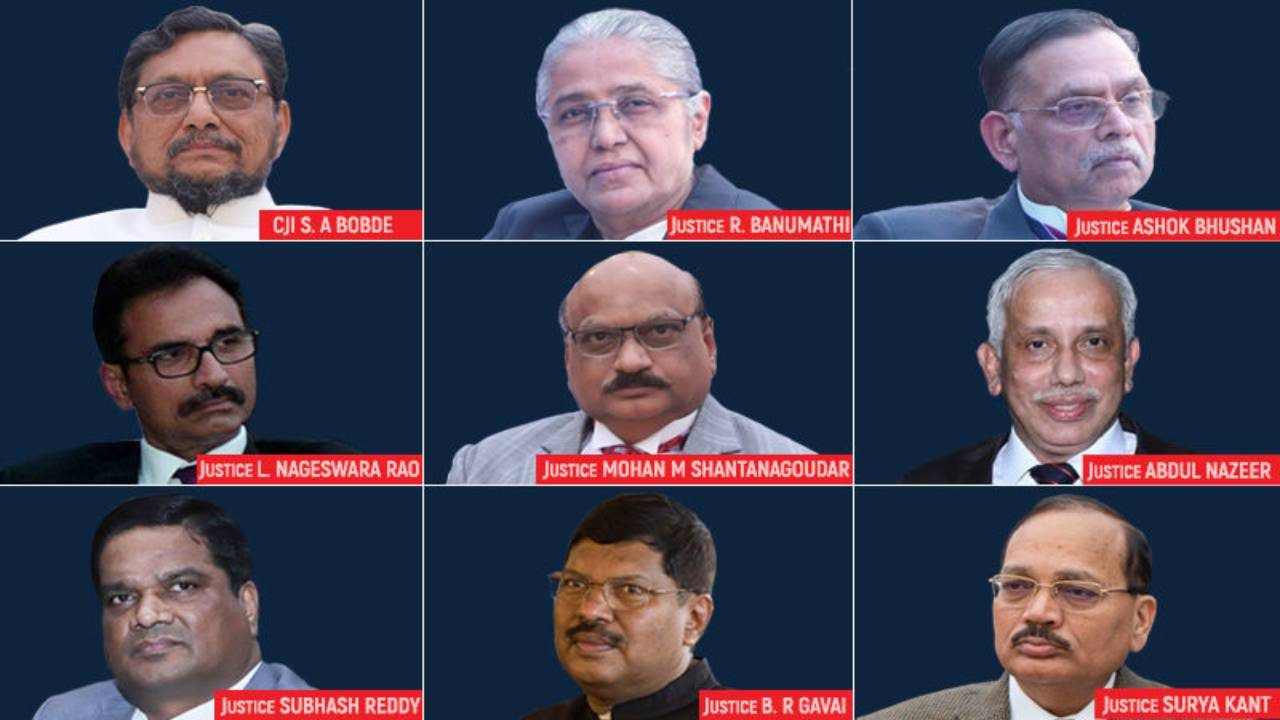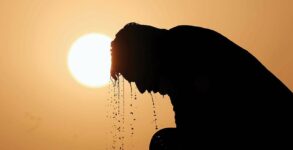A nine-judge Constitution bench of the Supreme Court will begin hearing, from January 13, the review petitions against its verdict allowing entry of women of all ages in Kerala’s Sabarimala temple clubbed with the issues of entry of women in Muslim and Parsi places of worship.
The bench is to be headed by Chief Justice of India SA Bobde, and will include Justices R Banumathi, Ashok Bhushan, L Nageswara Rao, Mohan M Shantanagoudar, S Abdul Nazeer, R Subhash Reddy, BR Gavai and Surya Kant.
It’s interesting how India, on one hand, is propagating gender equality and women rights through ‘Beti Bachao, Beti Padhao’, but at the same time, we see only one women on the deciding panel to put forward her contribution in the national-level matter of women entry at worship places.
Justice Indu Malhotra who ruled against the entry of women is not part of the Bench. Justice Banumathi is the only women judge on the Bench.
A five-judge bench had, in a 3:2 majority verdict on November 14, had referred to a seven-judge bench the pleas seeking review of the 2018 judgment. The top court clubbed the restrictions faced by Muslim women in connection with the entry into mosques and dargahs and Parsi women, married to non-Parsi men, being discriminated from entering the Fire Temple.
The majority verdict noted that it is essential to evolve a judicial policy to do “substantial and complete justice”.
The court, in the majority judgement, observed that the issues surrounding the constitutional validity of religious practices, which discriminate against women specifically in connection with their entry into a place of worship were not limited to the Sabarimala temple case


















